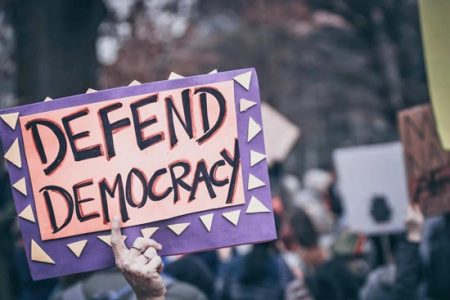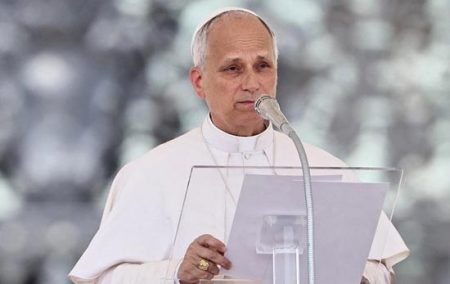Tulsa-Greenwood Massacre Lawsuit Dismissed
An unexpected, hurtful, and difficult blow.

The last three known survivors of the Tulsa, Oklahoma Greenwood Massacre—Lessie Benningfield Randle, age 108; Viola Fletcher, age 109; and her brother Hughes Van Ellis, age 102—will lodge an appeal to the state Supreme Court challenging Judge Caroline Wall’s recent decision to dismiss their lawsuit seeking reparations, their attorney Damario Solomon-Simmons announced.
Solomon-Simmons called the judge’s decision “an unexpected, hurtful and difficult blow.” Last year, the judge allowed the case to proceed, a victory for the plaintiffs who now see her abrupt dismissal as “backpedaling” on her previous order.
The defendants’ argument was that the three plaintiffs did not suffer “individual, adverse effects” from the massacre, which destroyed the entire region of Tulsa known as Black Wall Street and caused the deaths of an estimated 300 residents in 1921. Nearly the entire remaining population of Greenwood—including the three surviving plaintiffs—left in fear for their lives, as they saw their businesses, homes, schools, and churches destroyed by vigilantes. The race-based rampage, according to reports, included the active participation of members of the sheriff’s department and the Tulsa police.
Nearly all the property in Greenwood was taken over by white residents of Tulsa after the Black population was murdered and driven out. But the city, state, and other defendants, including the Chamber of Commerce and county sheriff’s office, filed several motions to dismiss the case in Tulsa County District Court. Defendants repeatedly argued a request to compensate residents for Greenwood’s destruction would impose a significant burden on the government’s financial stability.
A statement from the office of Tulsa Mayor G.T. Bynam said the city remains “committed to finding the graves of the Tulsa Race Massacre victims, fostering economic investment in the Greenwood District, educating future generations about the worst event in our community’s history, and building a city where every person has an equal opportunity for a great life.”
In response, the plaintiffs’ attorney read from a statement prepared by the Greenwood survivors to an audience gathered inside the 120-year-old Vernon AME Church, the only surviving structure from the massacre: “This is not over. We will continue to fight until our last breath. Like so many Black Americans, we carry the weight of intergenerational racial trauma, day in and day out. Black Americans did not provoke racial injustice but bear the burden of righting the wrongs of it. We, as survivors, and all of those that believe in racial justice, will not sit quietly or passively to allow mistruths and injustices to persist. We will not rest until there is justice for Greenwood.”








